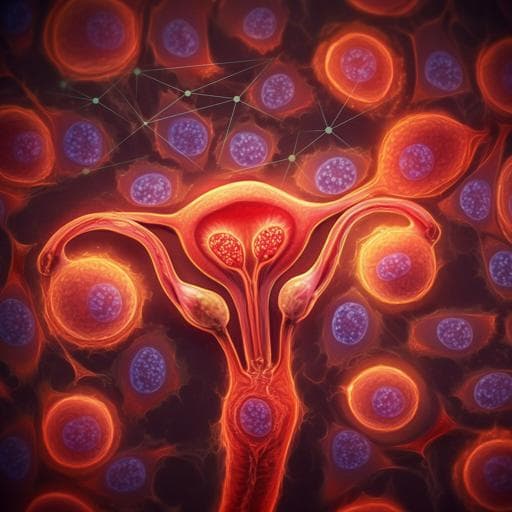
Medicine and Health
Prediction of recurrence risk in endometrial cancer with multimodal deep learning
S. Volinsky-fremond, N. Horeweg, et al.
This groundbreaking research conducted by Sarah Volinsky-Fremond, Nanda Horeweg, and colleagues introduces HECTOR, a cutting-edge deep learning prognostic model that predicts distant recurrence of endometrial cancer more effectively than the current gold standard. By leveraging histopathology images and tumor stages from over 2,000 patients, HECTOR enhances personalized treatment for patients with endometrial cancer.
~3 min • Beginner • English
Related Publications
Explore these studies to deepen your understanding of the subject.







